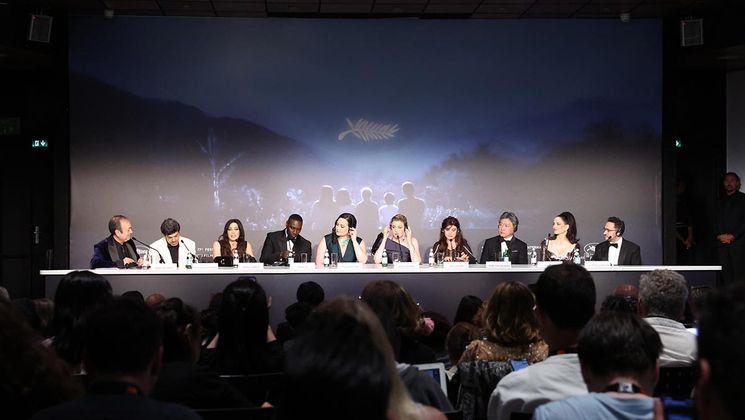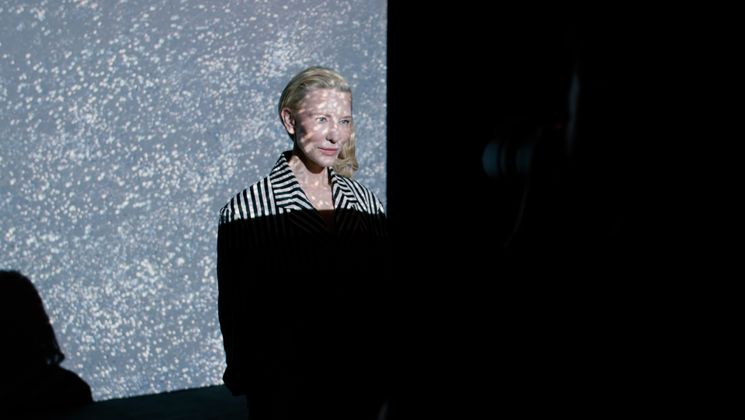
Poetry by Lee Changdong

The second Korean film in the Competition, Poetry, can be seen as a parable about the cinema. “Poetry is the song of another person’s thoughts and feelings in my place”, says Lee Changdong. “If someone asked me why I make films, I would answer this way: I tell your story in your place”. For the Korean director, the cinema and poetry have a shared destiny. “What is the meaning of ‘writing a poem’ at a time when poetry is in decline? That is the question I wanted to address to the audience, and from there comes a question that I ask myself: What does it mean to make movies at this time when the cinema is threatened?.”
Lee Changdong has long been preoccupied by a particular news story about a schoolgirl who was a victim of gang rape, but he was unable to start writing the story until he found a title. The title came to him, at the same time as the story, while he was watching a deeply reflective TV programme. Mija is around sixty years old. She lives with her schoolboy grandson, and spends her time looking after an elderly gentleman. Chance leads her to take a poetry course, which changes her outlook on the world. She starts to search for beauty in her everyday surroundings, in things she had previously paid no attention to. But the suicide of a young girl makes her see that life is not as beautiful as she thought. While the characters in his previous films (Green Fish, Peppermint Candy, Oasis, Secret Sunshine) were victims of events, Mija is a spectator who is plunged into turmoil by her own observation of the world. Mija is played by Yun Junghee who, prior to this, had not made a film for sixteen years. As a star in the 1960s, she acted in 330 films and received twenty four acting awards.
B de M


